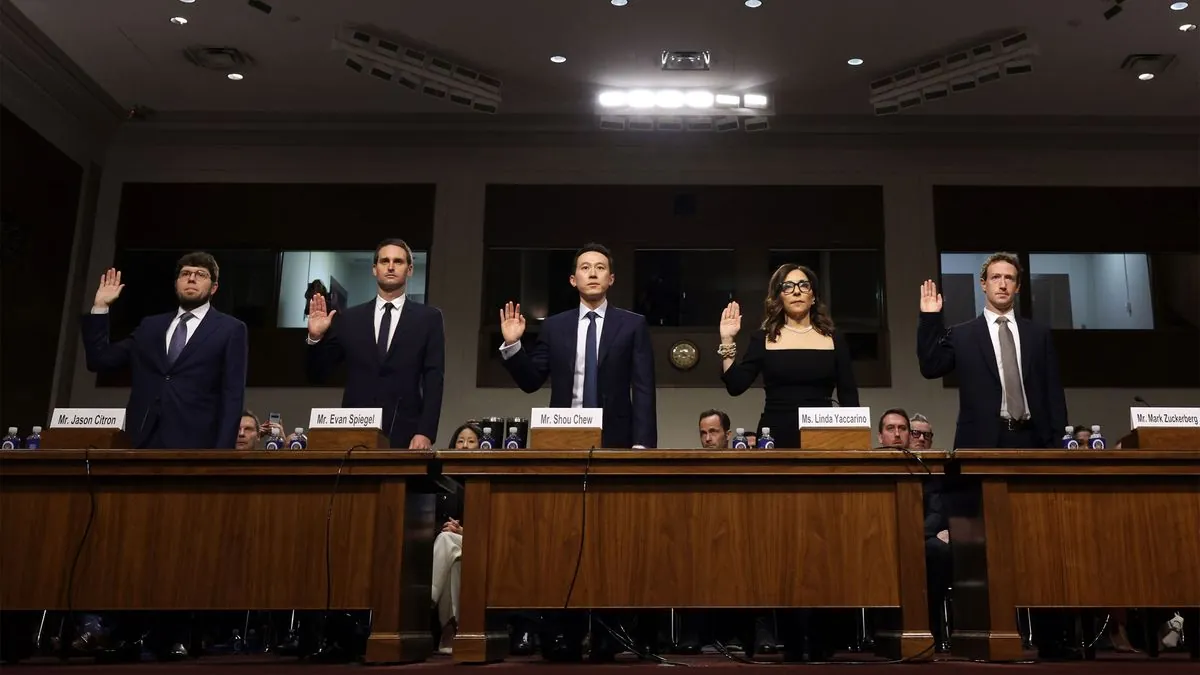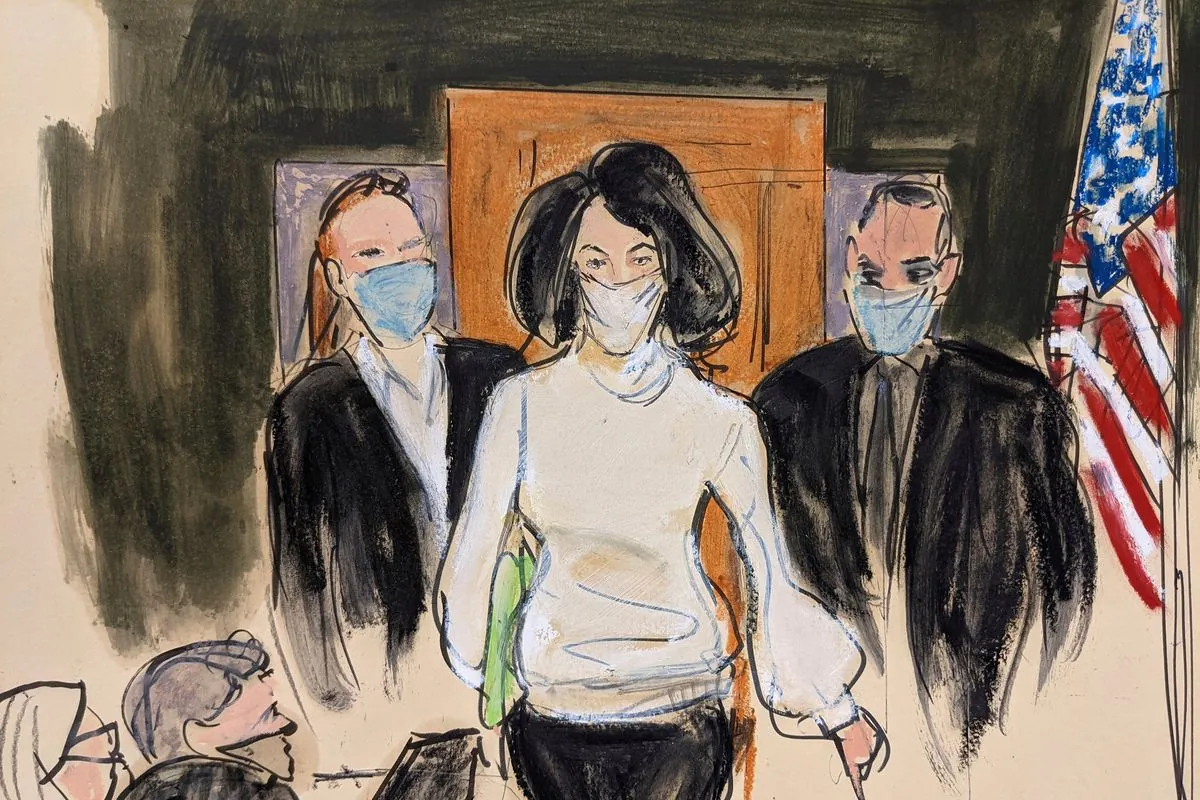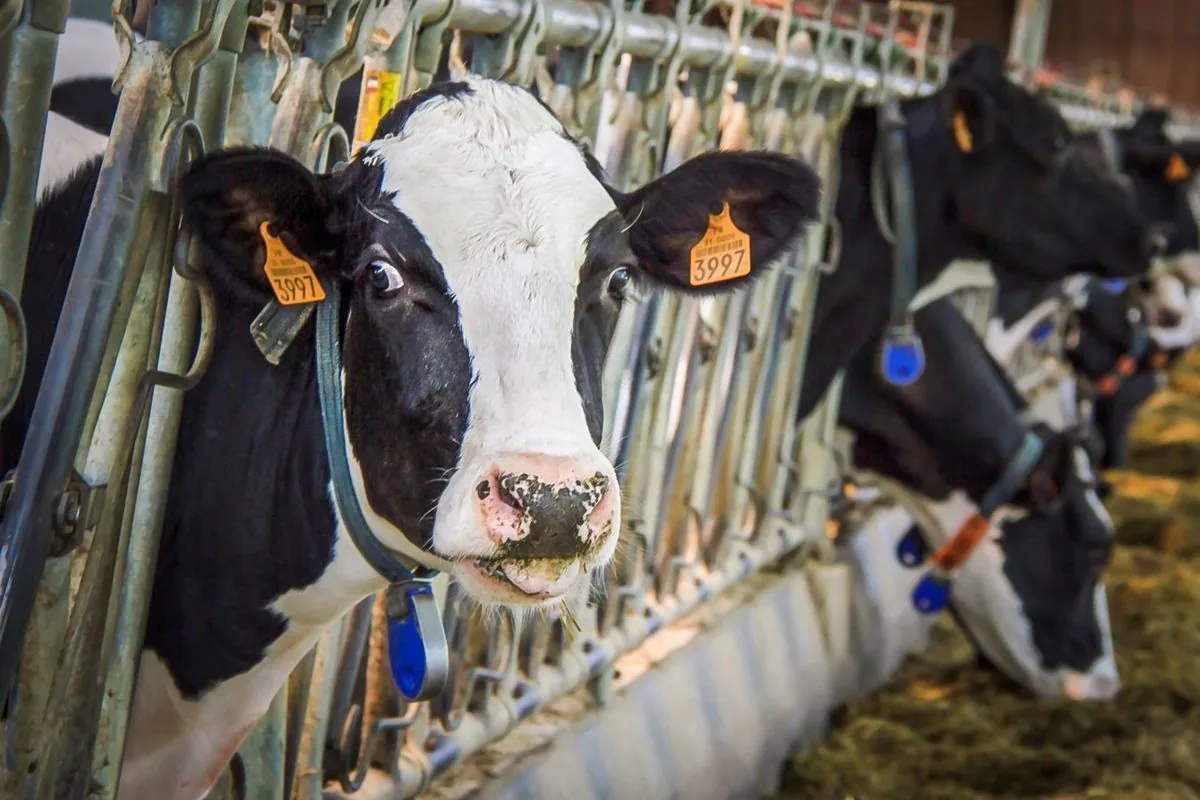UK Tech Firms Face Jail Time for Failing to Combat Revenge Porn
New UK legislation targets revenge porn and deep-fakes, holding social media companies accountable. Executives could face jail time and hefty fines for non-compliance, aiming to protect potential victims.

In a significant move to combat online abuse, the UK government is set to implement stringent measures against revenge porn and deep-fake images. Under new online safety laws scheduled to take effect in spring 2025, social media executives could face imprisonment if their platforms persistently fail to prevent the sharing of intimate images without consent.
Peter Kyle, the Technology Secretary, has announced that sharing intimate images without consent will be classified as a "priority offence." This classification puts revenge porn on par with serious crimes such as terrorism and child sexual abuse. Companies like Facebook that fail to prevent or swiftly remove such content could face fines of up to 10 percent of their global turnover, potentially reaching £10 billion for Meta.
The Online Safety Act, passed in 2023, grants Ofcom, the UK's communications regulator established in 2003, the authority to imprison tech executives for up to two years if they refuse to cooperate with investigations or persistently breach their duty to protect users. This move represents a significant escalation in the fight against online abuse, which has seen a dramatic increase in recent years. The Internet Watch Foundation reported a staggering 1,420% rise in self-generated sexual abuse content from 2019 to 2021.
Kyle emphasized the proactive nature of these measures, stating:
"What I'm trying to do is, rather than just see action once an offence has been committed and the damage has been done to a victim, is to try and change behaviour that will prevent it happening in the first place."
The Act also introduces new offenses for perpetrators of revenge porn, which was first criminalized in England and Wales in 2015. Those found guilty of sharing intimate images could face up to six months in jail, or two years if intent to cause distress, alarm, or humiliation is proven.
These legislative changes align with broader international efforts to combat online abuse and protect victims. The EU's Digital Services Act, addressing similar issues, came into effect in 2022, while the UK ratified the Council of Europe's Istanbul Convention in the same year, aiming to combat violence against women.
Georgia Harrison, a victim of image-based sexual abuse, expressed support for the new legislation:
"As a victim of voyeurism and image-based sexual abuse, what shocked me the most is that certain platforms were not only spreading and advertising this harmful content, but also legally monetising it. This new legislation could have shielded me from such exploitation and, more importantly, validated that my voice matters."

The UK government's approach to combating revenge porn and deep-fakes represents a significant step forward in addressing the rise of digital abuse. By holding tech companies accountable and introducing stricter penalties for offenders, these measures aim to create a safer online environment and provide better protection for potential victims.


































